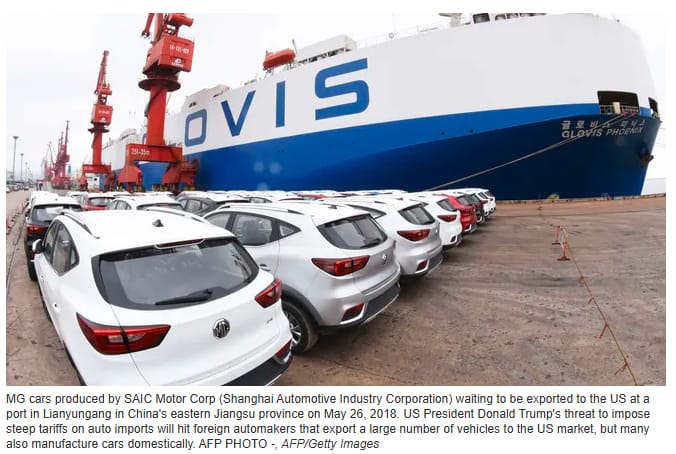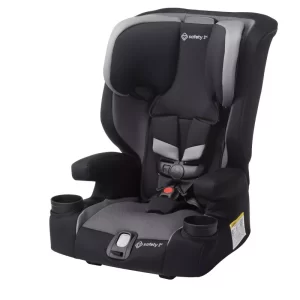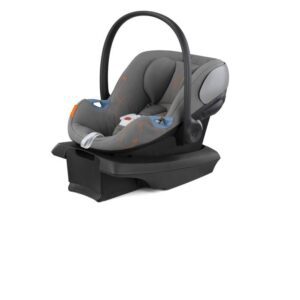Experts: Trump presidency could benefit Detroit automakers, but cost car buyers more

“If the first Trump presidency is any indication, we will see NHTSA’s now-active rulemaking division come to a screeching halt. I think we only saw two relatively minor final rules make it across the finish line from 2017-2020 in Trump’s first term, whereas the Biden NHTSA has been far more active in rulemaking efforts,” Brooks said, noting that that dozens of rules are in the review process. “Most of those rulemaking efforts will be hitting wet concrete under the Trump administration, including important rules on impaired driving tech, pedestrian protection, autonomous vehicles and advanced driver assistance systems. Also likely would be attempted rollbacks of fuel economy standards and electric vehicle policy.”
By Jamie L. LaReau and Eric D. Lawrence
November 6, 2024
As if the U.S. auto industry’s transition to electric vehicles hasn’t been rocky enough, President-elect Donald Trump’s victory over Democratic rival Kamala Harris adds uncertainty to the Detroit Three’s push toward an all-electric future, industry watchers said.
Still, some say the domestic automakers will see some wins from Trump taking over. For example, he is expected to ease some of the environmental regulations that have pressured the Detroit Three to make a fast push toward EV adoption.
But it’s a mixed bag because Trump has also set his sights on scaling back or eliminating EV initiatives. Auto analysts said it would be difficult for him to completely gut President Joe Biden’s Inflation Reduction Act initiatives, but through executive orders, Trump could defund or limit some of the EV subsidies included there. Many parts of the IRA, such as expanding EV charger infrastructure, were in place to help the Detroit Three encourage EV adoption.
Add to that the impact of Trump’s promise to impose bigger tariffs to imported goods. Sure, that keeps cheap Chinese vehicles off U.S. shores. But it also could affect parts and U.S.-brand cars built elsewhere, such as in Mexico, and could lead to higher new-vehicle prices — just when sky-high sticker prices were finally cooling off and keeping demand for new vehicles stable, experts said Wednesday.
Click here to view the full story from The Detroit Free Press.






